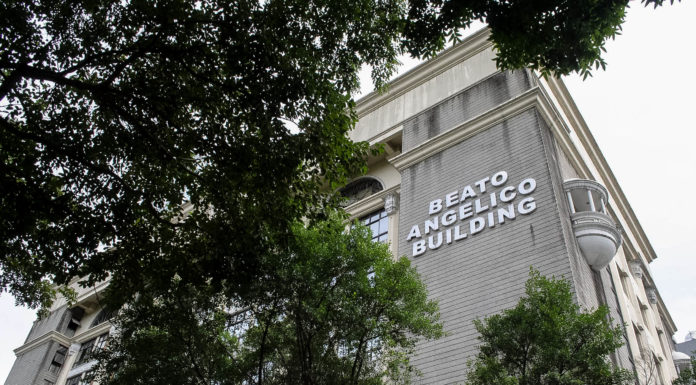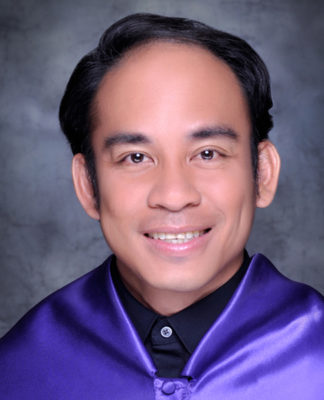Being in the forefront of radical movements in the 70’s and 80’s, has the University of Santo Tomas’ become less than activist-inclined nowadays?
“It certainly has not,” said Dr. Ernesto Gonzales, director of the UST Social Research Center (SRC). “We are very much involved,” he said.
According to Gonzales, activism before was ideologically rooted to aggressive participation and now, it has matured and become directed at more peaceful action. He believes that UST is not showing passivity, but a more “constructive involvement” in social concerns.
SRC is the arm of the University in researching social issues. Last year, SRC was elected as one of the top social research centers in the country.
Along with the Center for Contextualized Theology and Ethics, under Fr. Vincent Cajilig, O.P., they works with the urban poor groups in Manila, assisting them livelihood and land reform. SRC also works together with the UST Office for Community Development (OCD).
Gonzales said UST’s social activism was shown in the past years with the leading role it played in having the compulsory ROTC abolished and its involvement in the Edsa II revolution.
However, Prof. Jose Cruz, the head of OCD, thinks that Thomasians are still aloof to the social and political situation of the country. For Cruz, activism is “trying to right something wrong.” “But as students are too engrossed in their pursuit of education, they tend to lose sight of the things happening around them,” he added.
Akbayan president Ronald Llamas believes that living in a fast-paced environment has made the people lose focus on society’s problem. “In one way, our situation during the Martial Law was easier because we know the cause (the overthrow of the dictatorship), ngayon iba na ang problema ng mga kabataan,” he said. “We are entertaining ourselves to death and the deluge of trivialities made us forget the real essence of activism.”















